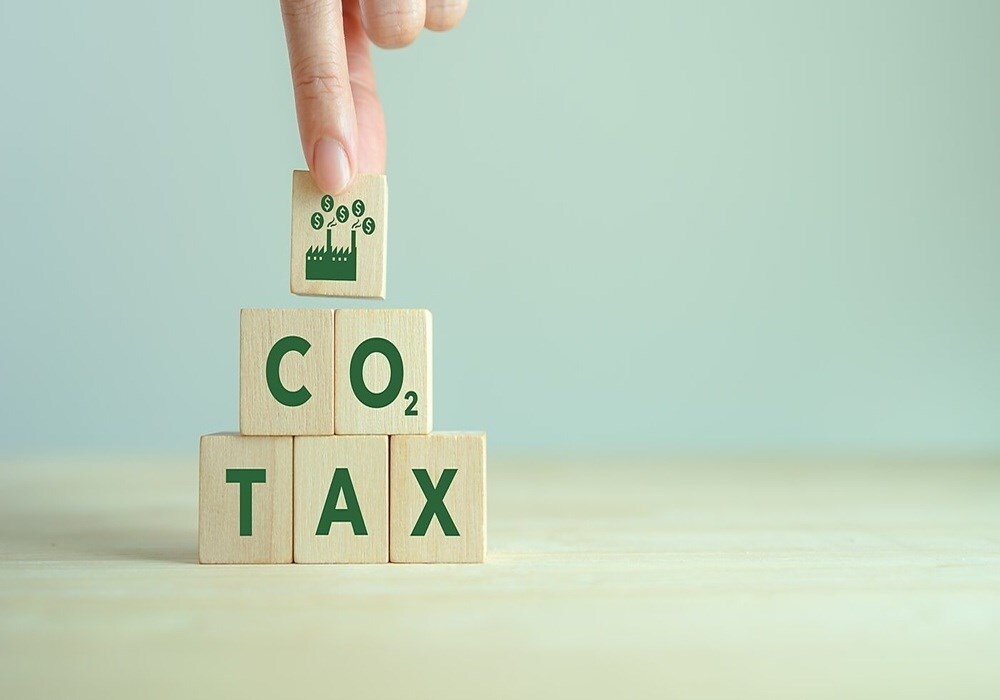您想继续阅读英文文章还
是切换到中文?
是切换到中文?

THINK ALUMINIUM THINK AL CIRCLE

Efforts by India and the European Union to finalise a long-discussed trade agreement before the end of the year have faced another obstacle, with Brussels preparing to turn down New Delhi’s request for an exemption from the EU’s carbon border tax.

The disagreement over the carbon border adjustment mechanism (CBAM) has emerged as one of the most sensitive topics in the discussion. The mechanism is intended to protect European heavy industries, which are required to buy carbon permits priced at around Euro 80 (USD 92.27 approximately) per tonne under the EU’s carbon market.
Explore- Most accurate data to drive business decisions with 50+ reports across the value chain
India proposed that instead of CBAM’s emission-based levies, it could apply its own export fee on aluminium, steel, and fertiliser products, according to which only the shipment value would be calculated, rather than production-emission related charges.
But EU officials reportedly were dismissive of the idea, arguing that it could set a precedent for similar demands from other major trading partners, including the US. As a result, the broader effort of clean production will not be fulfilled. In short, Brussels has made it clear that a reconsideration of the carbon pricing scheme for India might happen, but a complete exemption is not possible, as per the CBAM regulations.
Read More: Counting carbon: Why aluminium faces the hardest test under CBAM
A sensitive flashpoint in EU–India trade talks
The disagreement lands at a sensitive moment. Over the years, the EU has been one of India’s largest trading partners, with bilateral trade reaching USD 139 billion in the last financial year. Earlier in 2025, Prime Minister Narendra Modi and European Commission President Ursula von der Leyen recommitted to pushing for a trade deal, which is significantly driven by the return of US President Donald Trump and the competitive pressures on both sides in the American market.
However, significant barriers remain with India’s high tariff regime, in some cases rising above 100 per cent on cars, spirits, and dairy products. This continues to frustrate European exporters. Delhi, meanwhile, has been increasingly vocal about its objections to Brussels’ environmental trade rules. It has criticised CBAM as a “trade barrier” and pushed back against EU measures aimed at curbing imports linked to deforestation.
Despite these differences, engagement has continued at senior levels. In late October, Commerce Minister Piyush Goyal met EU trade commissioner Maroš Šefčovič in Brussels to discuss potential “landing zones” for unresolved issues. A follow-up round of meetings in New Delhi earlier this month saw negotiators tackle goods, services, rules of origin, and regulatory matters. Both sides repeated their intention to speed up efforts toward a “balanced” free trade agreement.
Talks that first began in 2007 and collapsed in 2013 were revived in 2022. India has since wrapped up trade deals with Australia, the UK and the European Free Trade Association, and is also in talks with the US. Even so, the CBAM dispute has emerged as one of the most sensitive sticking points for the EU negotiations.
European Commission spokesman Olof Gill told the FT that Brussels remains committed to finalising a mutually beneficial agreement by year-end.
Must read: Key industry individuals share their thoughts on the trending topics
Responses








